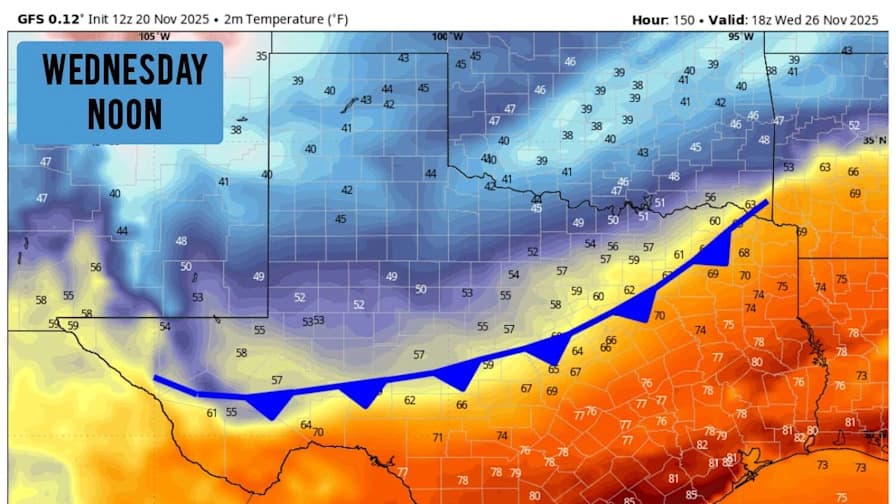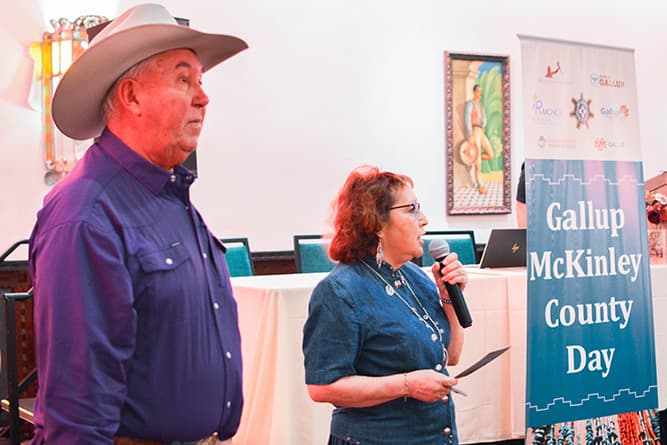New Mexico Coat Drive Supplies Winter Coats to Gallup Students
KOATs for Kids is collecting new winter coats for school aged children through November 23, 2025, and recent donation events and local drop off partners are working to get coats into Gallup schools quickly. The effort matters to McKinley County families because it addresses immediate health risks from cold weather, reduces barriers to school attendance, and targets gaps for older children who often are missed by typical drives.

KOATs for Kids, the long running statewide coat drive, is running through November 23 and has coordinated pickups, sorting, and distribution to school districts across New Mexico. The program collects new coats for children in kindergarten through 12th grade, and held a Live Drive on November 21 at several Walmart locations to boost donations ahead of the winter season. For McKinley County residents, organizers named local participating drop off partners that serve the Gallup area, including Blake's Lotaburger locations and other community partners.
Donated coats are routed through public school districts for distribution, and families are asked to contact their childs school counselor to request a coat. The drive includes a broad array of collection partners statewide, such as Albertsons and Market Street stores, Nusenda Credit Union branches, the International Brotherhood of Electrical Workers, Molina Healthcare, and multiple Blake's Lotaburger franchise locations. Those partnerships help expand access in rural areas where transport and retail options can be limited.
Public health officials and educators say providing appropriate outerwear reduces the risk of cold related illnesses and helps children get to school on cold mornings. Adolescents and older students are often underrepresented in donations because sizes can be harder to find, and KOATs for Kids specifically notes a need to fill those gaps. In McKinley County, where households face higher rates of poverty and longer travel distances to services, targeted distribution through schools aims to lower barriers for families who may not be able to purchase new coats.
Beyond the immediate benefit of warmth, the drive highlights systemic issues in access to basic necessities. Relying on charitable drives to supply clothing points to broader shortfalls in social supports, particularly for rural and Indigenous communities in and around Gallup. Schools are acting as distribution hubs because they are trusted community centers that see families regularly, but long term solutions will require policy attention to clothing support, household income stability, and transportation equity.
For residents who want to help or need assistance, donations of new coats are being accepted at participating drop off locations through November 23. The drive’s organizers coordinate with school districts to ensure that coats reach students in need, and families should reach out to their school counselor to learn how to receive a coat. As winter arrives, these community partnerships provide an immediate layer of protection for children, while underscoring a need for sustained policy strategies to close gaps in basic material support.


